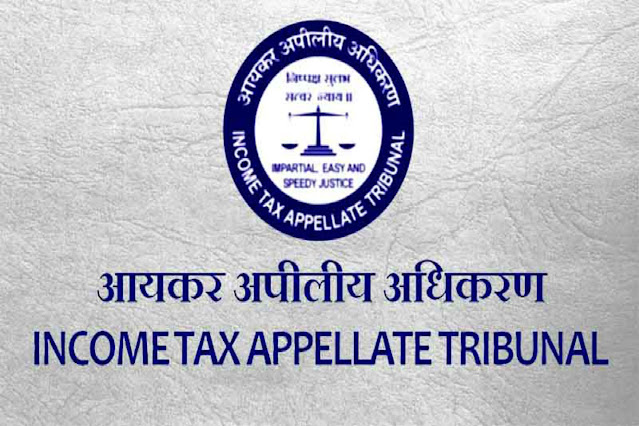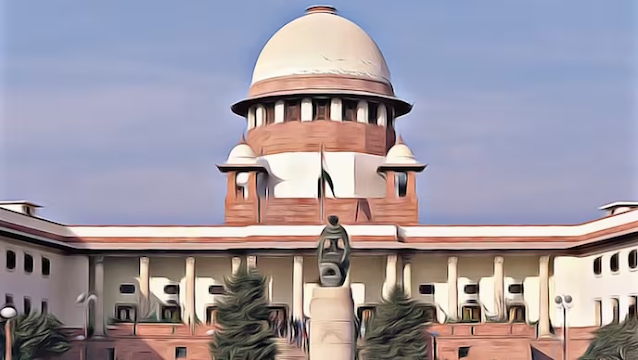M.M.S. Bedi, J.@mdashThis petition u/s 482 Code of Criminal Procedure has been filed for quashing of the order dated June 7, 2006 (P-9) passed by Sub-Divisional Judicial Magistrate, Malerkotla, dismissing an application of the Petitioner u/s 311 Code of Criminal Procedure for recalling Janeshwar Dutt, complainant-witness No. 2 for the purpose of exhibiting the original cheque No. 741298 dated February 25, 2002 and memo dated August 14, 2002 on the ground that the application has been moved after a gap of two years and the complainant- Petitioner wants to fill in the lacuna in the complaint case u/s 138 of the Negotiable Instruments Act filed by him. The said complaint admittedly is still pending for the evidence of the complainant.
2. Counsel for the Petitioner has submitted that in the present case the cheque No. 741298 dated February 25, 2002 for a sum of Rs. 2 lacs drawn on State Bank of Patiala was produced on the record while leading preliminary evidence in the form of affidavit (Annexure P-2) at pre-notice accusation stage and that inadvertently, while appearing as a witness after notice of accusation, the said cheque and the memo regarding return of the cheque as dishonoured on presentation could not be exhibited. Copy of the statement of the Petitioner as Annexure P-3 and the statement of Kuldip Singh, Clerk-cum- cashier, Punjab National Bank as Annexure P-4 in the form of affidavit has been produced wherein it is specifically stated on oath that cheque No. 741298 dated February 25, 2002 was deposited by the Petitioner-complainant in his account and it was returned on August 16, 2002 with remarks "insufficient funds".
3. I have heard counsel for the Petitioner and Respondent and gone through the contents of complaint and the evidence already produced on the record. The cheque and the memo returning the same on account of insufficiency of funds is the most material substance in proceedings u/s 138 of the Negotiable Instruments Act. The production of a cheque and memo is always necessary for the just decision of a complaint pending in the Court. While deciding the application u/s 311 Cr.P.C., a Court is required to make a distinction between the error and lacuna and to determine whether the production of some evidence or material should be brought on evidence taking into consideration whether it is necessary for the just decision of the case. The Hon''ble Supreme Court in laid down the following distinction between lacuna and error for the purpose of deciding an application u/s 311 Cr.P.C.:
7. It is a common experience in criminal courts that defence counsel would raise objections whenever courts exercise powers u/s 311 of the Code or u/s 165 of the Evidence Act by saying that the court could not `fill the lacuna in the prosecution case''. A lacuna in prosecution is not to be equated with the fallout of an oversight committed by a public prosecutor during trial, either in producing relevant materials or in eliciting relevant answers from witnesses. The adage `to error in human'' is the recognition of the possibility of making mistakes to which humans are prone. A corollary of any such laches or mistakes during the conducting of a case cannot be understood as the lacuna which a court cannot fill up.
8. Lacuna in the prosecution must be understood as the inherent weakness or a latent wedge in the matrix of the prosecution case. The advantage of it should normally go to the accused in the trial of the case, but an oversight in the management of the prosecution cannot be treated as irreparable lacuna. No party in a trial can be fore-closed from correcting errors. If proper evidence was not adduced or a relevant material was not brought on record due to any inadvertence, the court should be magnanimous in permitting such mistakes to be rectified. After all, function of the criminal court is administration of criminal justice and not to count errors committed by the parties or to find out and declare who among the parties performed better.
4. I have considered the facts and circumstances of this case. A perusal of the statement of Janeshwar Dutt Annexure P-2 made in the Court at the pre- notice accusation stage and his subsequent statement Annexure P-3 read with statement of the Bank official Annexure P-4 makes it clear it clear that it was an oversight on the part of the complainant or his counsel to get the cheque and memo proved and exhibited on the record. It is not a case where the Petitioner was making an attempt to fill in the lacuna but it was merely a fallout of an oversight committed by the counsel conducting the case. The order dated June 7, 2006 (P-9) dismissing the application u/s 311 Cr.P.C., if seen in context to the spirit of Section 311 Cr.P.C., is not sustainable especially when the matter is still pending for the complainant''s evidence.
5. The petition is allowed and the order dated June 7, 2006 is hereby set aside. The application u/s 311 Code of Criminal Procedure filed by the Petitioner deserves to be allowed. The matter is remanded back to the trial Court to again summon the complainant for the short purpose of proving the cheque No. 741298 dated February 25, 2002 and the memo of return of the said cheque on account of insufficient funds. The said documents appear to be necessary for the just decision of the matter. The opposite party will be at liberty to cross-examinee the Petitioner in context to the documents exhibited by him during re-examination.

